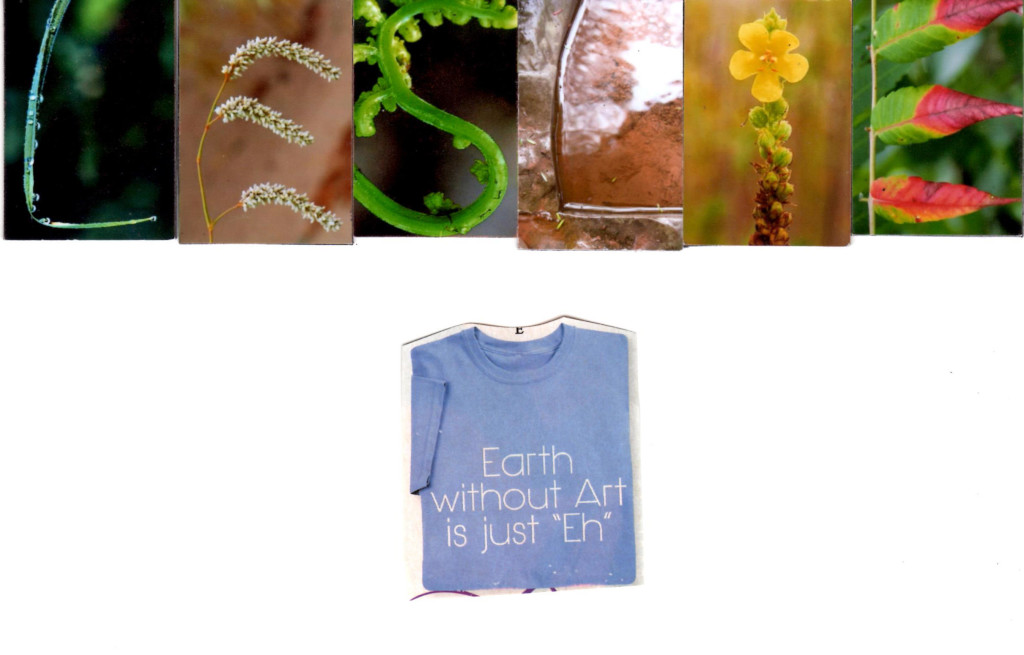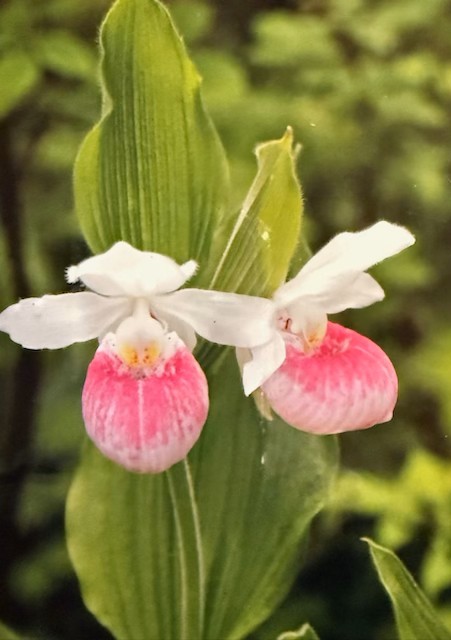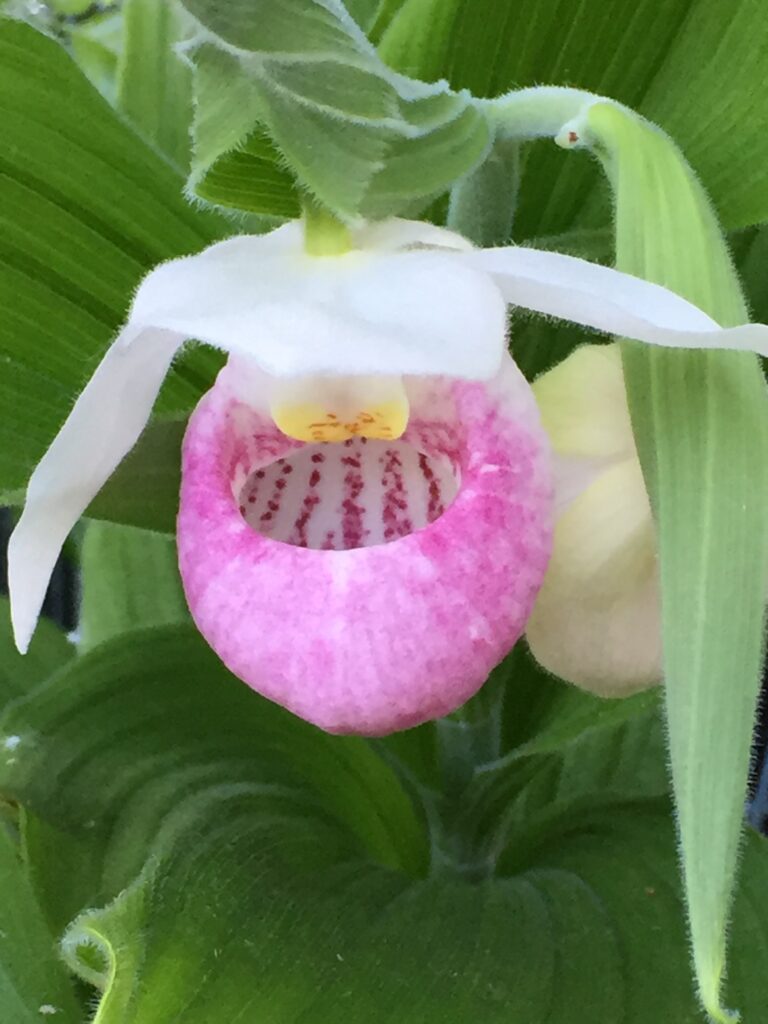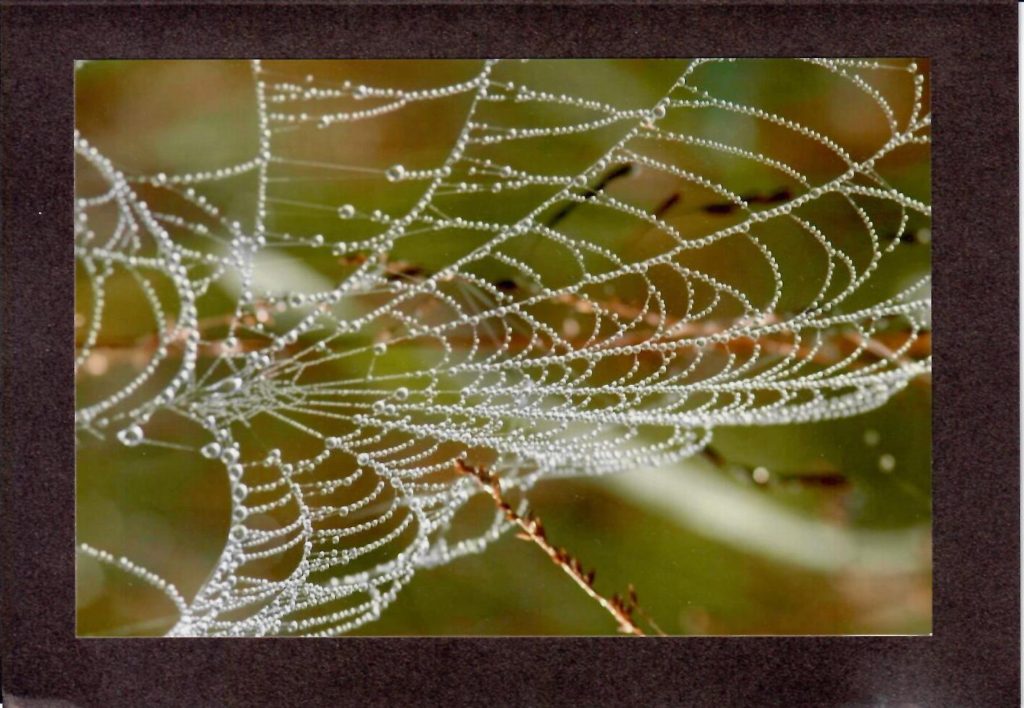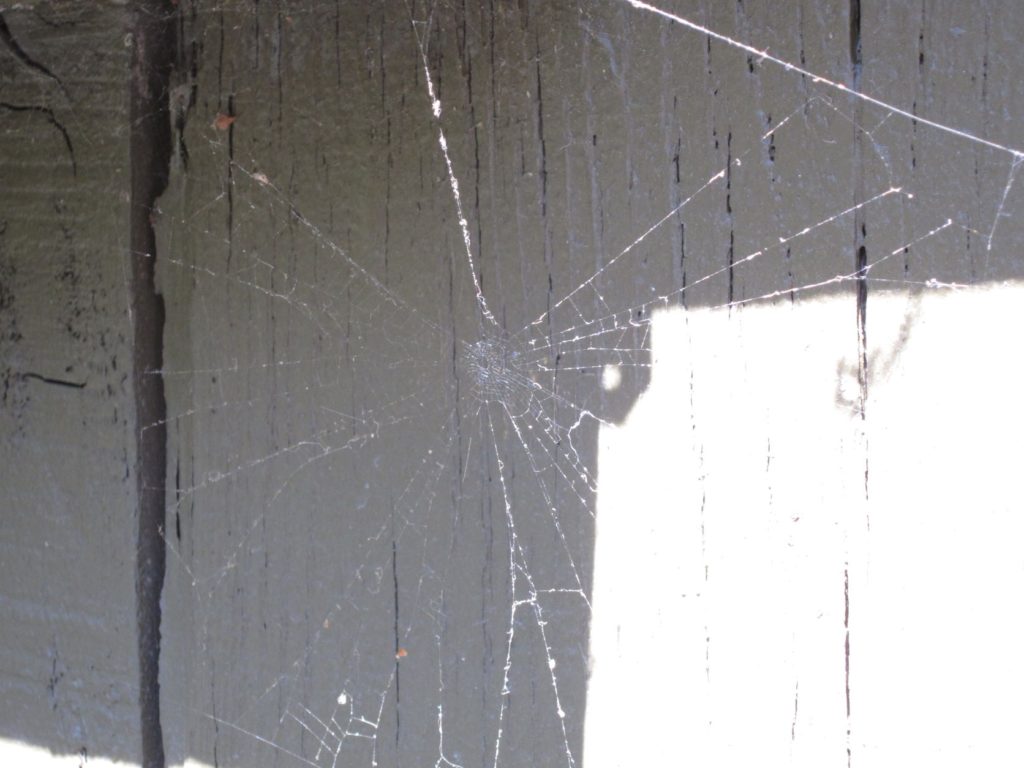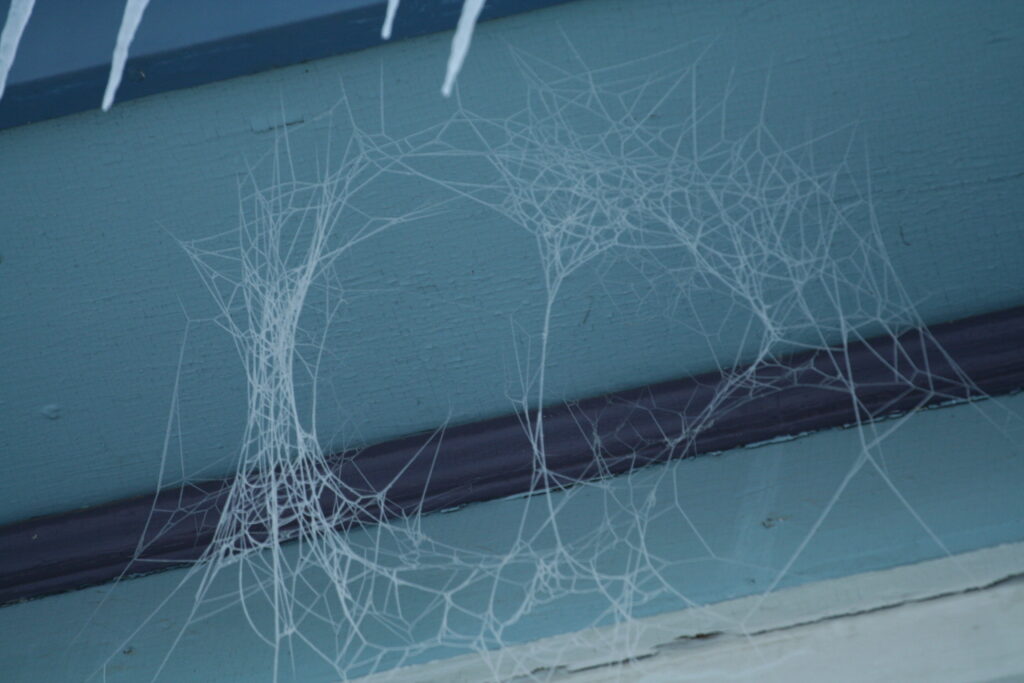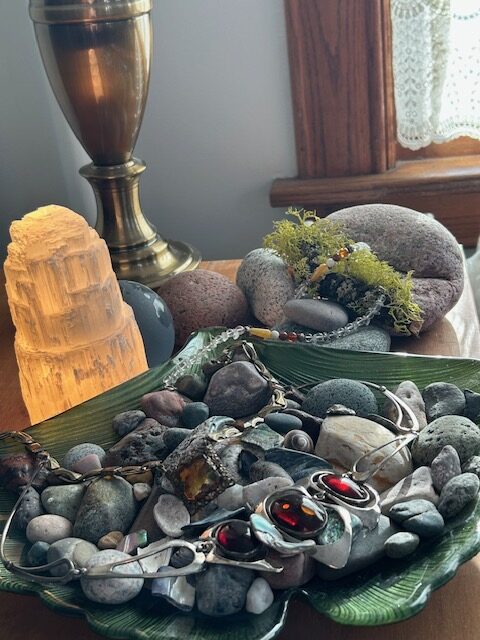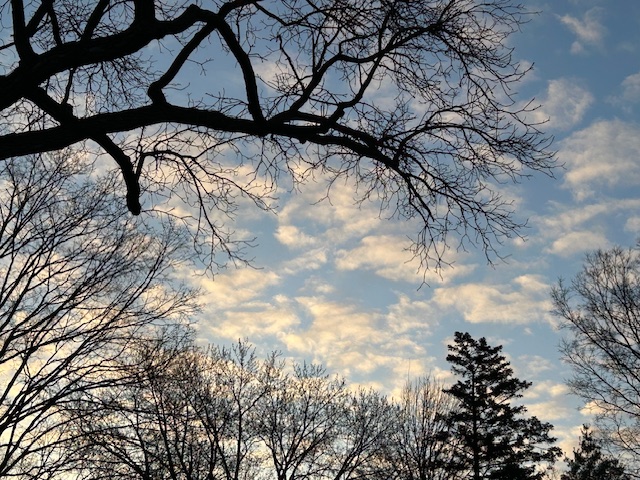
Today, in thinking about the term “Hybrid”, I began to reflex on the way that that concept expresses itself not only genetically but in terms of language.
Thousands of examples abound. Some are so old and familiar that we no longer recognize thems as neologisms, portmanteaus, or new coinings. What are your favorites? Your pet peeves?
Today’s poem reminded me of an April poem composed in 2022, inspired by the new-to-me-fashion term, Athleisure. (If you don’t recall that poem, and would like to see it, let me know and I shall email it to you.) It also made me think of an April post from 2018 in which I share a double sonnet set that muses on some of the familiar words that William Shakespeare added to our language and on that magnificent lexicographical achievement, the Oxford English Dictionary. Here you can find that post and poem, “Half-Moon Set.”
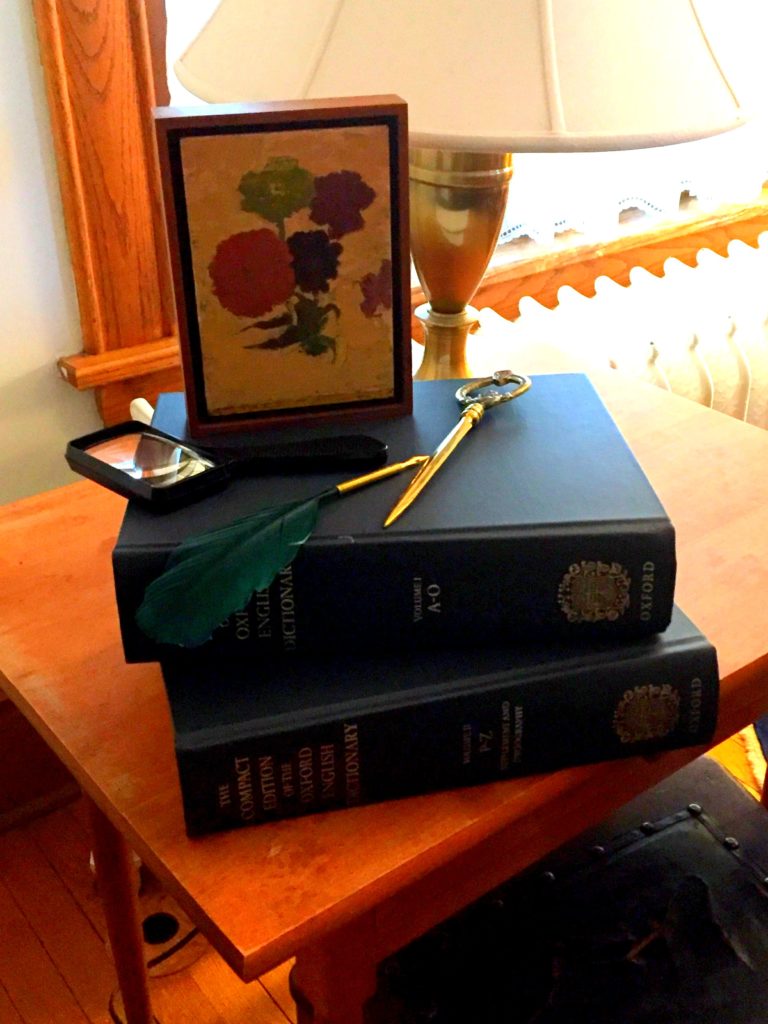
Wishing you wordy-nerdy joy all day long!
